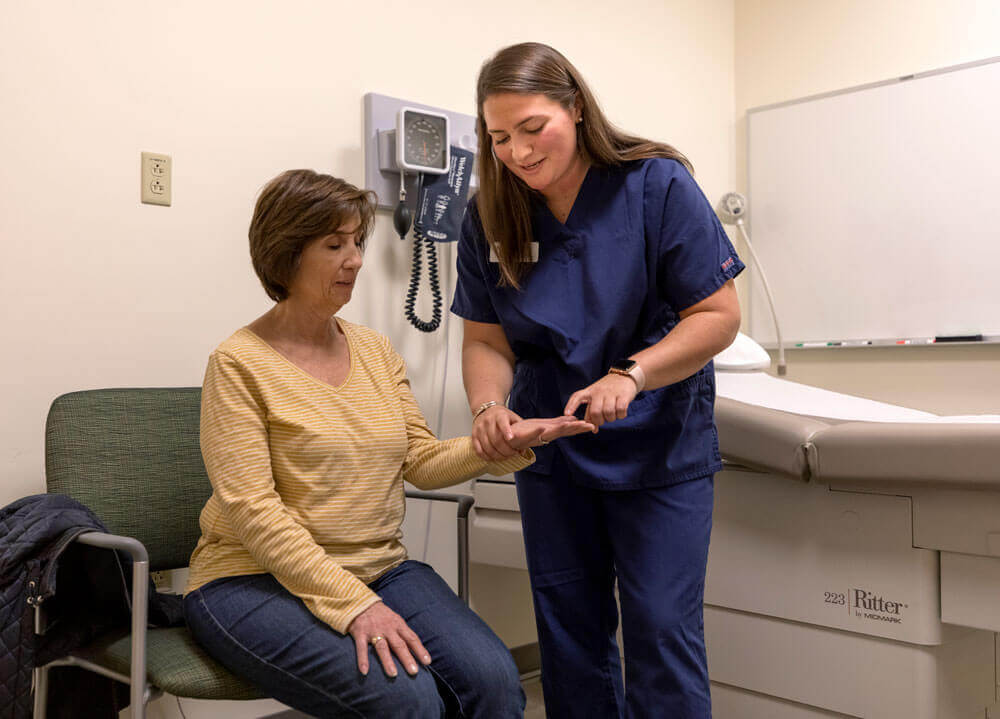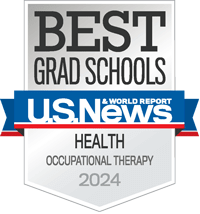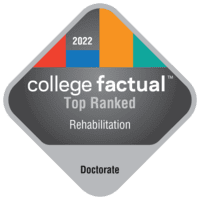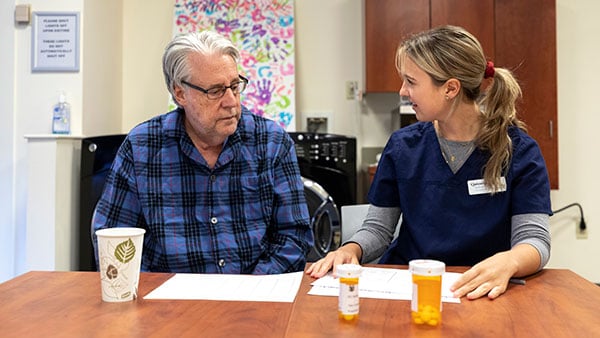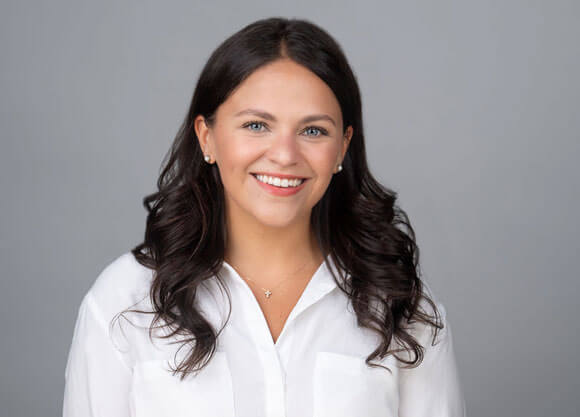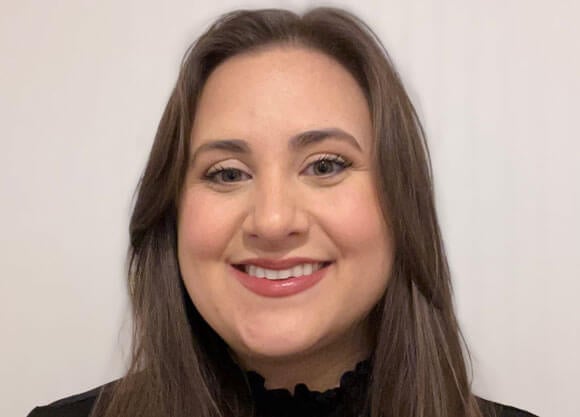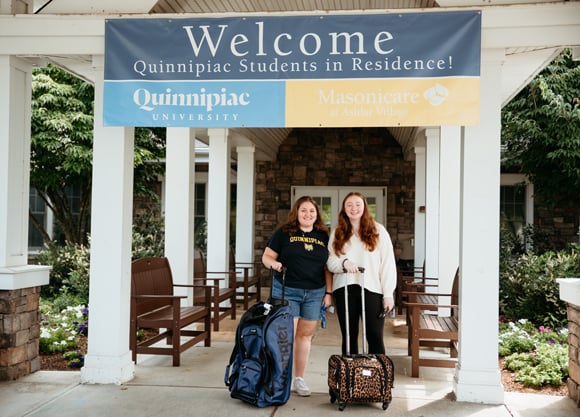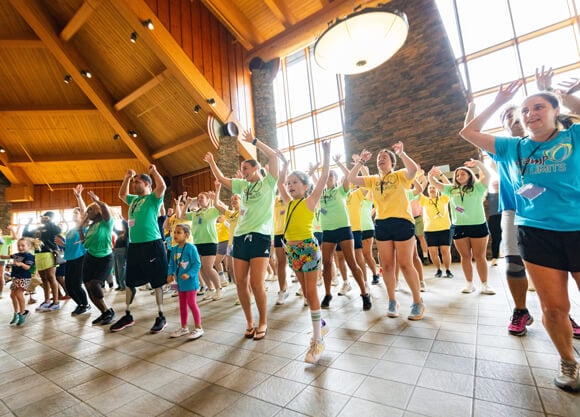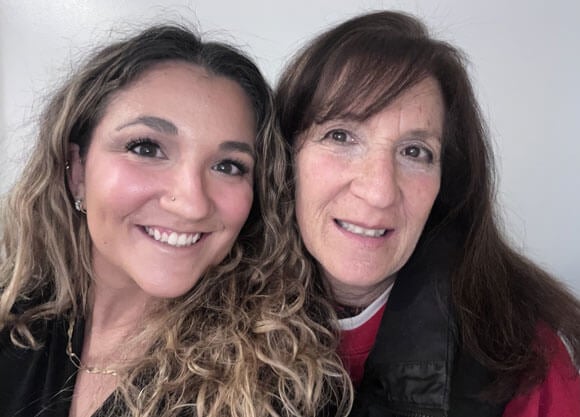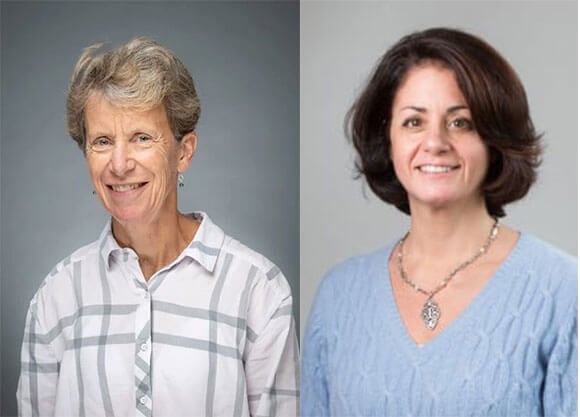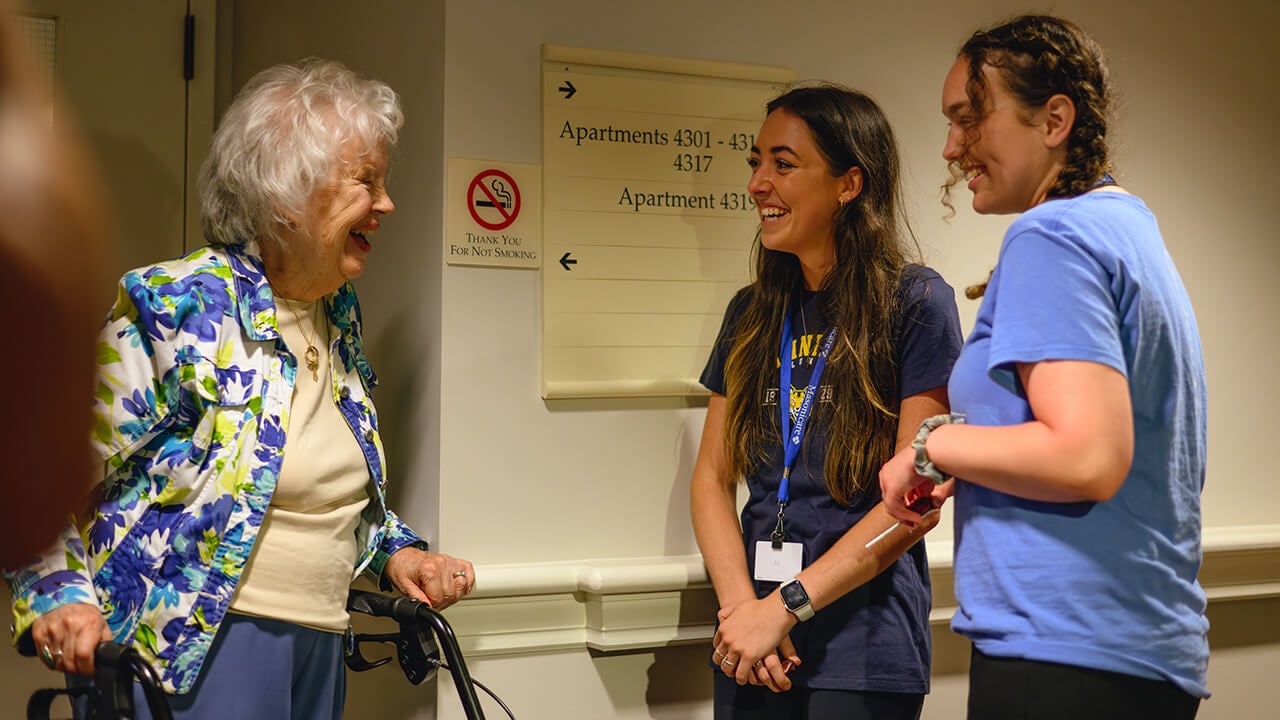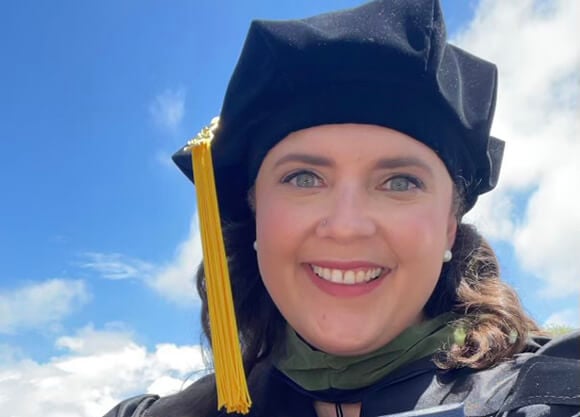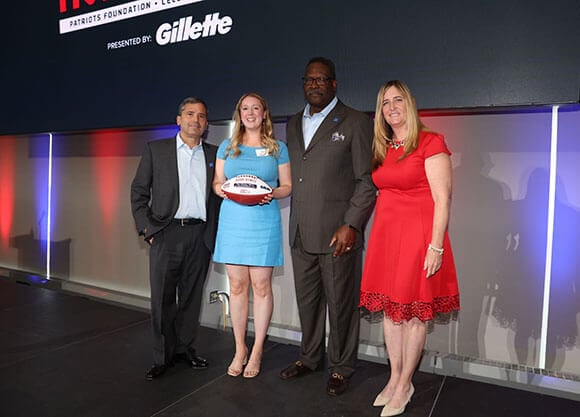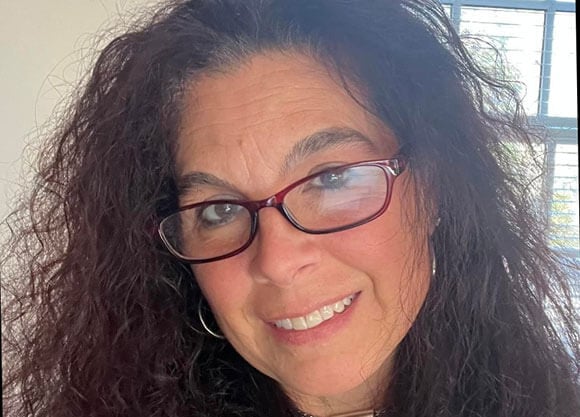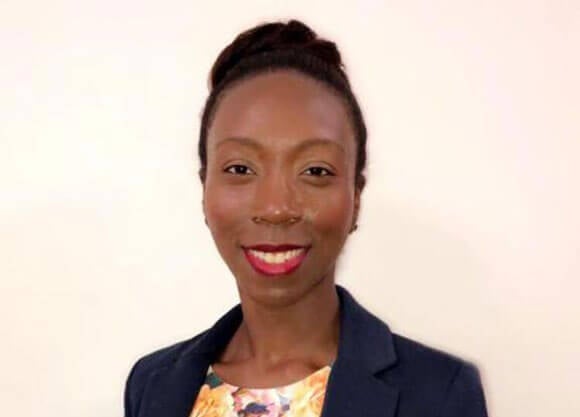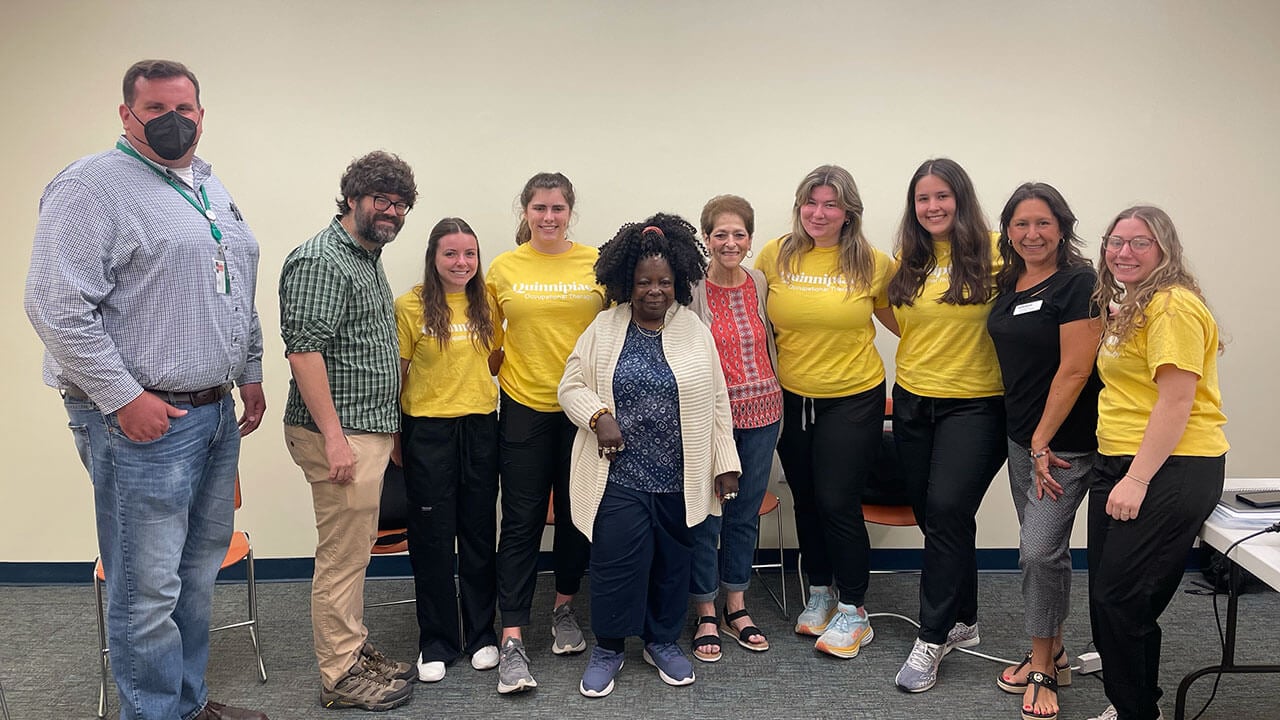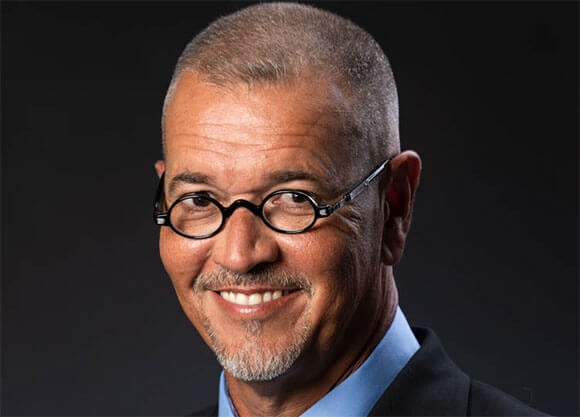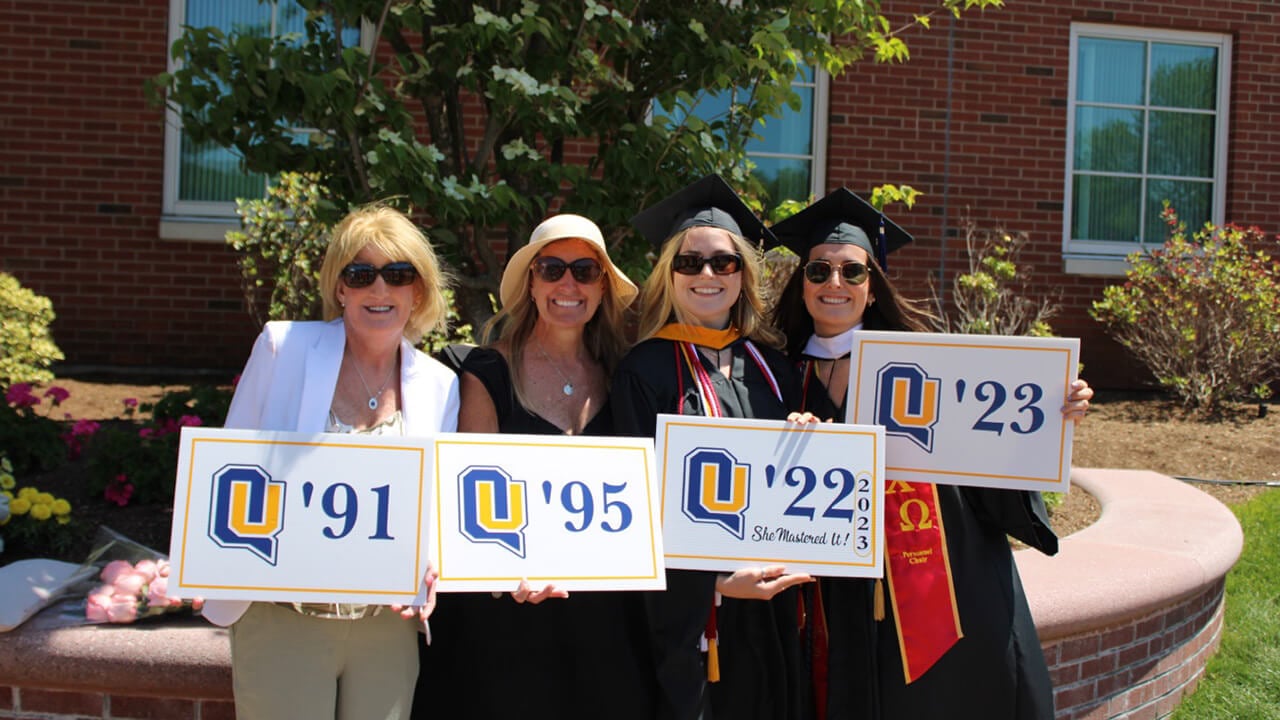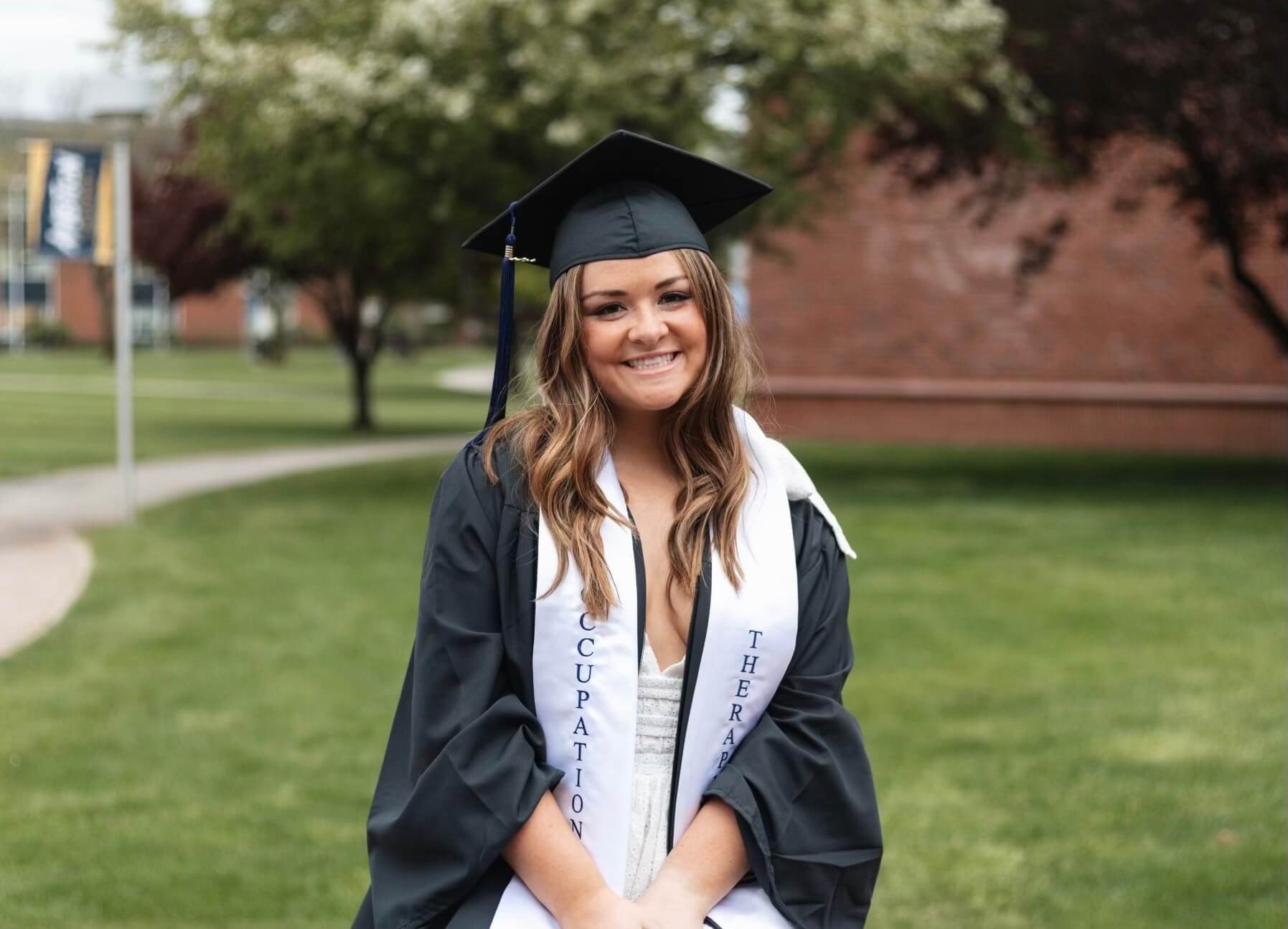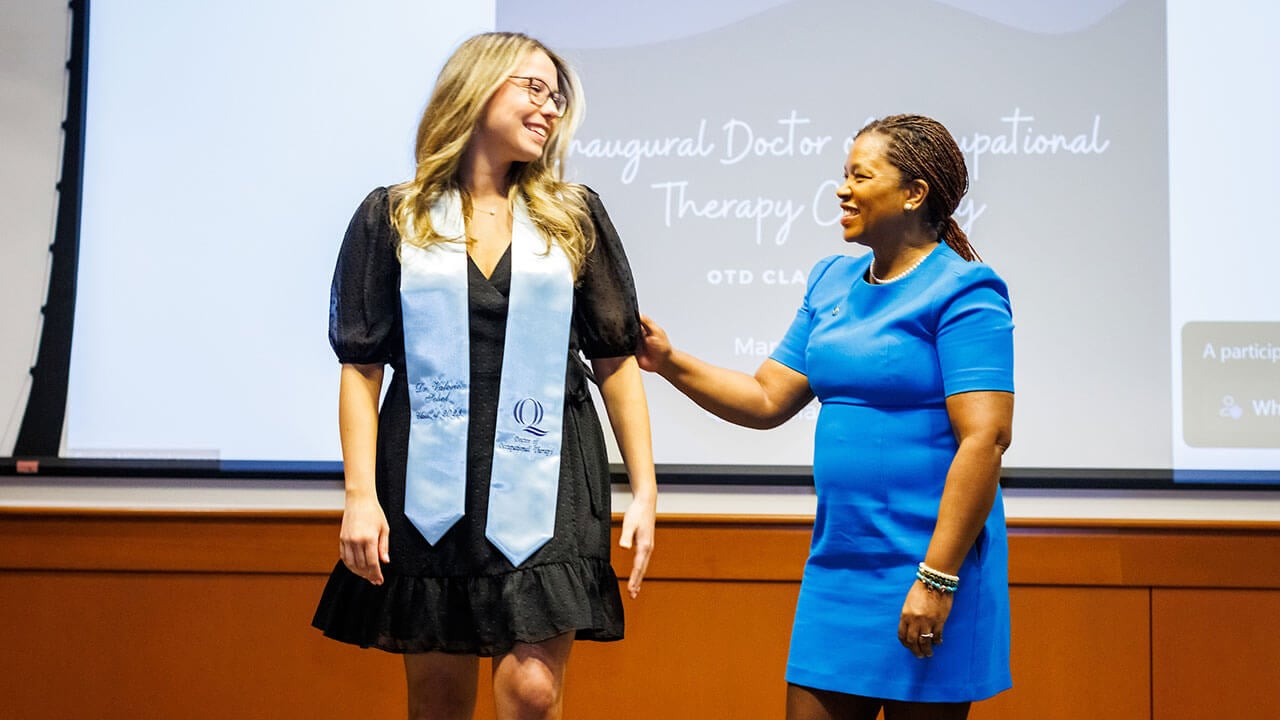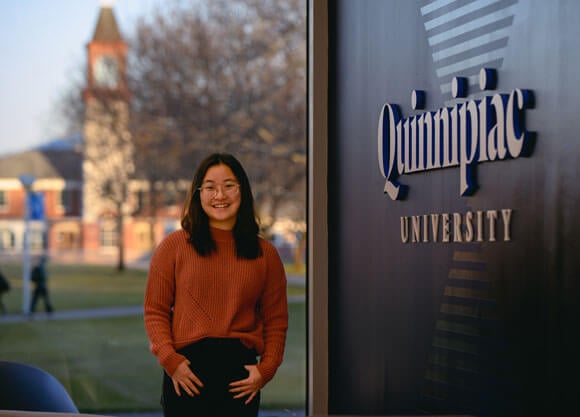Are you a high school student or graduate?
Our BS/MOT or BS/OTD programs provide high-school graduates with the knowledge and skills needed to take the national certification exam and become a licensed occupational therapist.
BS in Health Science Studies / Master of Occupational Therapy (4+1.5)
This is a 5½-year program. It is considered a dual degree because you will earn a bachelor’s degree and a master’s degree (BS/MOT). Students will complete their bachelor’s degree in 4 years and will have 1 ½ years to complete their master’s degree.
Our BS/MOT program will be a good fit if you:
-
plan to work in an established OT practice setting such as a hospital, rehabilitation center, school or early intervention program
-
want to be adept at using evidence-based practice to provide the most effective care to your clients
BS in Health Science Studies / Doctor of Occupational Therapy (4+2)
This is a 6-year program. It is a dual degree where you will earn a bachelor’s degree and a doctoral degree (BS/OTD). Students will complete their bachelor’s degree in 4 years and have 2 years to complete their doctoral degree.
Our BS/OTD programs will be a good fit if you:
-
plan to work in established areas of OT practice or an area where the tremendous benefit of OT has yet to be established
-
want to become a leader within your workplace, community or the profession
-
are interested in creating programs or conducting clinical research to provide the most effective care to your clients
Have you earned a bachelor's degree?
Post-Baccalaureate Doctor of Occupational Therapy
Post-Baccalaureate Master of Occupational Therapy
These programs are designed for students who have successfully earned a bachelor's degree. Programs can be completed in 2-3 full-time years (including summer sessions) for a total of 82 credits (MOT) or 115 credits (OTD).
Our post-baccalaureate OT programs will be a good fit if you:
-
plan to work in established areas of OT practice or an area where the tremendous benefit of OT has yet to be established
-
want to become a leader within your workplace, community or the profession
-
are interested in creating programs or conducting clinical research to provide the most effective care to your clients
Are you a registered practicing occupational therapist?
Post-Professional Occupational Therapy Doctorate
This program is ideal for practicing registered occupational therapists who want to merge their experience and practical skills with contemporary knowledge and scholarship.
The curriculum is designed for working professionals, consisting of 32 credits broken up into unique modules that may be completed in less than 2 years.
Our post-professional OTD program will be a good fit if you:
-
want to become a leader within your workplace, community or the profession
-
are interested in creating programs or conducting clinical research to provide the most effective care to your clients


